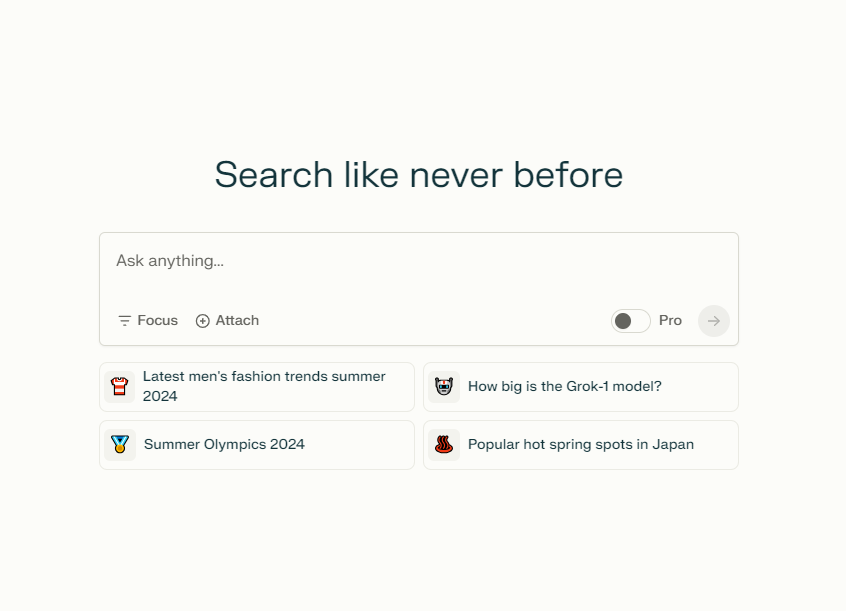Recently, news reports stated that the New York Times issued a cease and desist order to the AI startup Perplexity, requiring it to stop using content from the New York Times. The editor of Downcodes will provide a detailed interpretation of this incident, analyze the reasons and impacts behind it, and discuss the challenges that content copyright faces in the AI era.
Recently, the well-known media "The New York Times" sent a cease-and-desist letter to an AI startup called Perplexity, requesting the company to stop using its content.
The news was first reported by the Wall Street Journal and attracted widespread attention. In fact, this is not the first time that the New York Times has clashed with AI companies over content use issues.

Last year, the newspaper filed a lawsuit against OpenAI, accusing it of illegally using a large number of articles when training AI models. Although OpenAI insists that its use of these contents is legal "fair use," in order to avoid legal disputes, OpenAI began to reach cooperation agreements with a number of large media in an attempt to obtain the content legally.
Perplexity's AI service is different from the popular ChatGPT chatbot. Perplexity is actually an "answer engine" whose function is closer to that of a traditional search engine, using AI technology to provide users with fast and accurate information answers. Although such services are convenient for users, they also cause concerns among content creators, who begin to pay attention to whether their works will be used without authorization.
In today's digital age, content copyright issues have become particularly important. With the rapid development of AI technology, how to protect the rights and interests of creators and ensure the legal use of content has become an urgent problem to be solved. It is foreseeable that more media and technology companies may struggle in this area in the future, and how to find a balance will be something that all parties involved need to seriously consider.
Highlight:
? The New York Times sent a cease-and-desist order to AI company Perplexity, asking it to stop using the content.
Previously, the newspaper had filed a lawsuit against OpenAI for allegedly using a large number of articles without authorization.
The “answer engine” service provided by Perplexity has triggered a new round of discussions about content copyright.
This incident once again highlights the contradiction between the development of artificial intelligence technology and content copyright protection. How to protect the rights and interests of content creators in the AI era while promoting the innovative development of AI technology is an important issue before everyone, and the industry needs to work together to find solutions. We hope to see more positive progress on intellectual property protection and sustainable development of AI technology in the future.